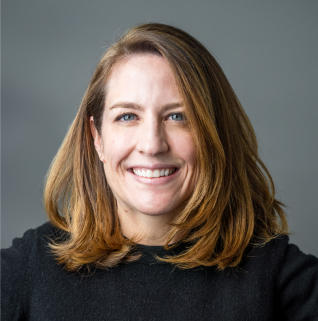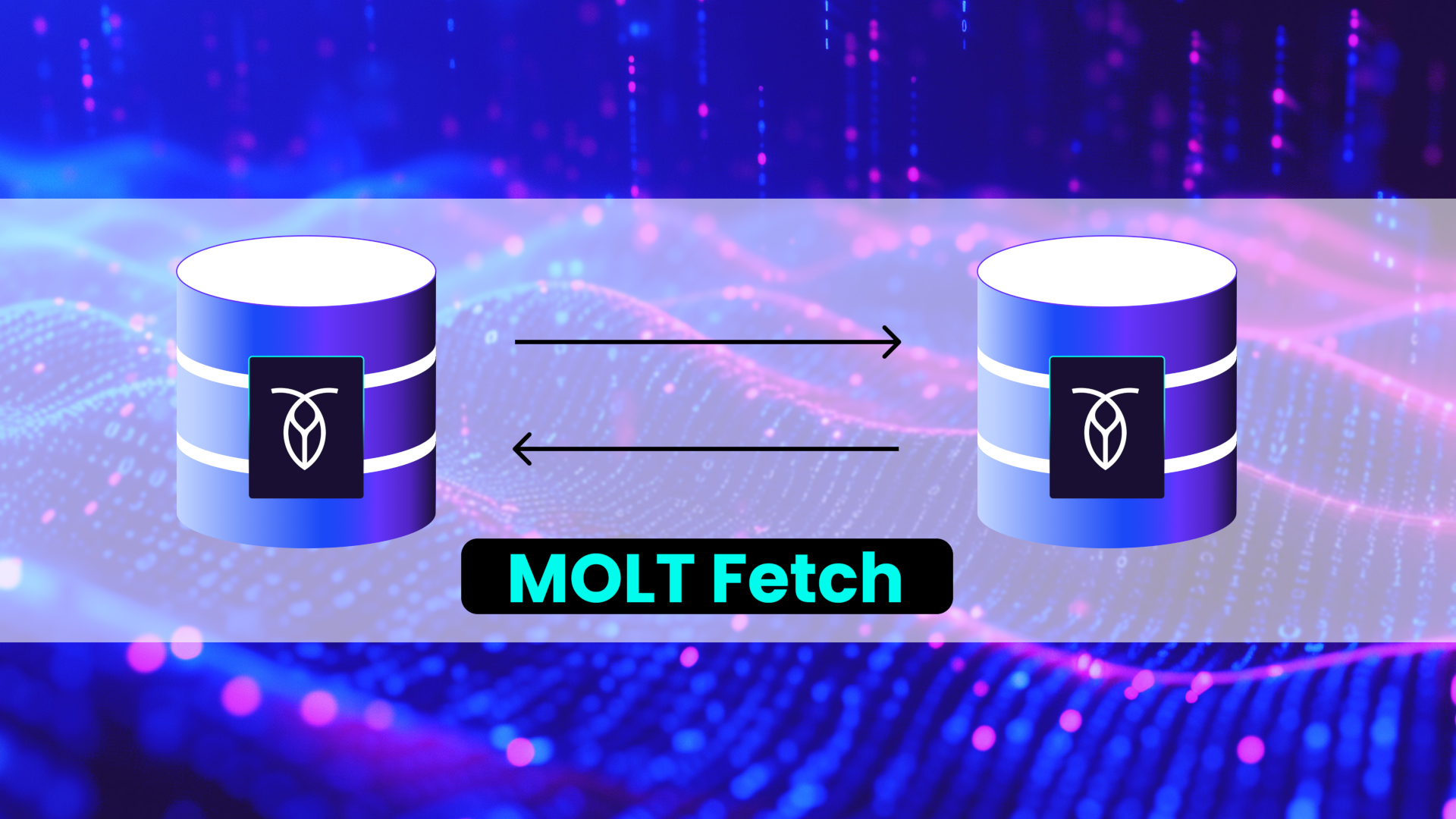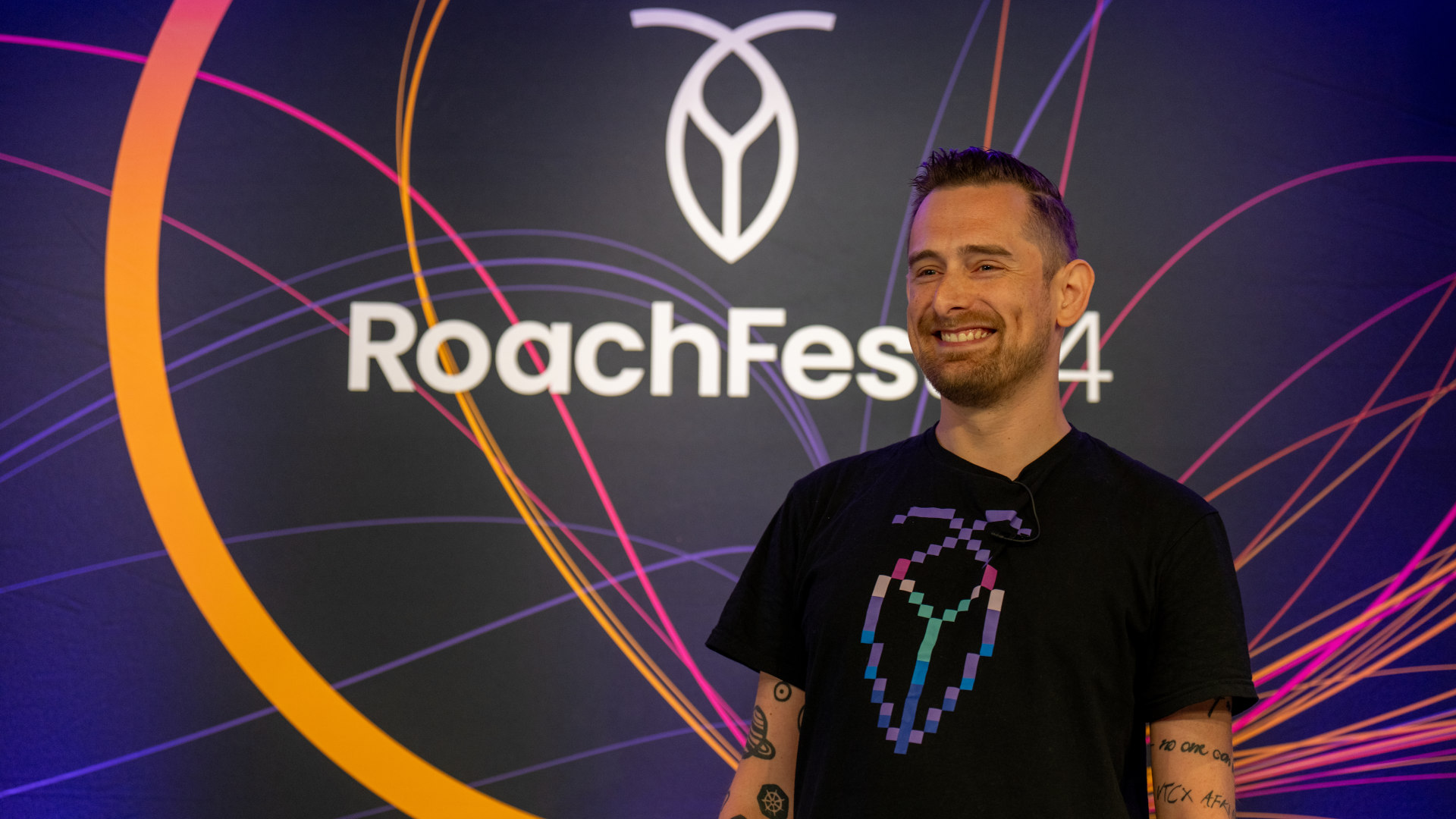Since the U.S. Equal Employment Opportunity Commission (EEOC) opened their doors for business on July 2, 1965, a year after Title VII’s enactment into law, the mission to eliminate unlawful employment discrimination has made progress in our society. No one can deny that we are in a significantly better place than we were just over 50 years ago. The act has benefited many and has served as a model for future anti-discrimination measures passed by Congress, including the Pregnancy Discrimination Act and the Americans with Disabilities.
However, the passing of this legislation has by no means solved the problem of discrimination in the workplace. Discrimination is not as overt, but is rather found in grey areas, lurking beneath the surface and often rooted deep into an individual’s unconscious bias. I know what you are thinking: “I know I have biases, but I don’t discriminate against people who are different from me!” It feels shameful.
Your biases are shaped by your experiences, culture, and your lifestyle. They frame your perspective and the way you behave in the world. It’s not shameful. However, we believe that recognizing your bias and how it affects your decision-making processes will allow you to understand if and how those biases are impeding your organization's ability to create a balanced and inclusive workforce.
At Cockroach Labs, we have put processes in place for our employees to be aware of the role their unconscious bias plays in hiring decisions they are making. We have removed the dependency on resumes and focused on exercise based interviewing. Our end goal is to create practices that lead to a more inclusive culture.
It’s proven that by providing candidates with an understanding of what to expect throughout the process, as well as insight into what to expect, helps them perceive the process as being fair [Klehe, König, Richter, Kleinmann, Melchers]. In addition to creating fairness, we want to see if full transparency can also lead to better hiring outcomes. With this in mind, we have made the decision to open source our interview process.
Benefits for candidates
Before we open sourced the interview process, a candidate for the Senior Technical Writer position showed up to the interview with a book of notes that she had taken before coming onsite. She had read up on database solutions in the marketplace and spent some time on our blog to prepare for the interview. As she got settled for her first interviewer, she asked me if it was okay for her to use her notebook during the interview process. I replied, “Of course!” Leaving the room, I asked myself “Why wouldn’t we want all candidates to come prepared for their interviews?”
I recently wrote about how Cockroach Labs relies on exercise-based interviewing for our evaluations of candidates. As discussed in the blog post, exercise-based interviews allow for our interviewers to witness the direct application of a candidate’s abilities to competencies required for the role. While we believe that these types of interviews lead to a stronger signal of a candidate’s success in the position, there are also several advantages for the candidate.
Since the interviews are snapshots of the position, candidates are able to show their skills. However, our interviews can still feel taunting and strenuous, as most interviews do. Another benefit that we would like to extend to our candidates is access to the types of exercises they should expect during their interviews.
Advantages of open-sourcing the interview process:
It puts the candidate at ease.
It allows the interviewer to see how the candidate would engage in their daily work.
It provides more clarity and removes confusion about the interview process, allowing for the candidate and interviewer to engage as they would if they were working on a problem in their work environment.
By leveraging our open-sourced interview repo, candidates have a direct insight into the interview process as well as the types of exercises they should expect during the interview. We encourage candidates to use the repo as a tool to prepare for their interview process.
Next Steps for recruiting professionals and other companies
We are all responsible for building an industry that is inclusive. By working together, we will only get further. Step one is acknowledging that we all suffer from unconscious bias. We can not challenge that bias unless we are aware of the role it plays in decisions we are making, especially within the hiring process.
We ask that recruiting professionals partake in improving the current hiring processes we implement as an industry. As we have done, we encourage you to share strategies that allow your companies to challenge bias and hope you add exercises to our Github repository so we can all learn how to better fairly assess skills required for positions for which we all are hiring.
Conclusion
Both candidates and those responsible for the hiring process should head over to Open Sourced Interview Process on github.com/cockroachlabs/. Let’s pledge to do better than we have before by engaging with ideas from one another. We welcome feedback on our process from both candidates and recruiting professionals.
Illustration by Quentin Vijoux




